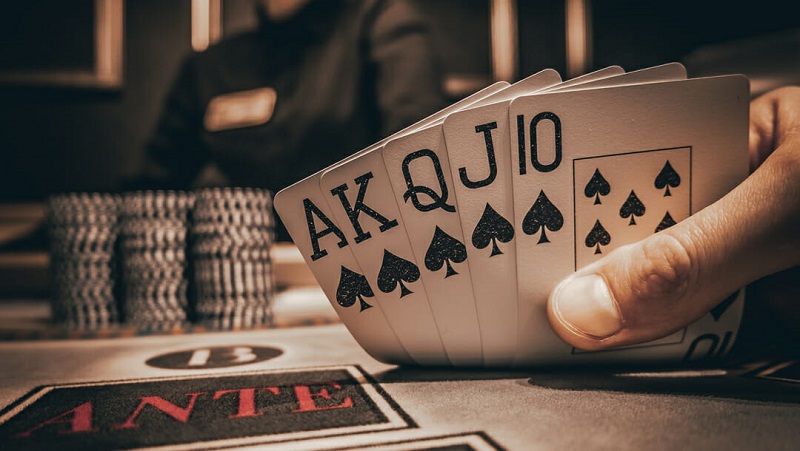
Poker Slang: Unraveling the Language of the Felt
In the world of poker, a rich tapestry of idioms and expressions forms the backdrop of every play. Like a secret language that only the initiates understand, poker slang is a vital part of this thrilling game, adding color and character to every hand. Whether you are a seasoned pro or a beginner just finding your footing, a grasp of poker’s unique language can not only add to your enjoyment but also give you a critical edge in reading the table and planning your strategy.
A rich lexicon has been built from the wit and wisdom of poker’s long history. From the old saloons of the American West to the glitzy casinos of Las Vegas and onto the digital tables of online play, this language has evolved and expanded, just like the game itself. This article will delve into the heart of poker slang, unveiling its most intriguing terms and revealing how you can use this understanding to enhance your game.
The Basics: Understanding The Game Through Slang
Let’s start with some of the basics. ‘Pocket Rockets’, or ‘Bullets’, refer to a pair of Aces as your hole cards. This hand is one of the most potent starting hands in Texas Hold’em. On the other hand, ‘Fish’ refers to an inexperienced player who often plays poorly, making them an easy target for seasoned ‘Sharks’, skilled players who can smell a ‘Fish’ from a mile away.
A ‘Donkey’, or ‘Donk’ for short, is a derogatory term for a player who makes blatantly bad moves. Meanwhile, a ‘Nit’ is an overly cautious player who only bets on surefire hands. They’re often predictable and easy to bluff.
‘Rags’ or ‘Garbage’ are weak, worthless cards that are unlikely to form a strong hand. If you’ve got nothing but ‘Rags’, you might want to ‘Muck’ (fold) your hand. ‘Going on Tilt’ or ‘Tilting’ refers to a state where a player, usually after a bad beat, starts making reckless decisions out of frustration.
Advanced Terms: Delving Deeper
Now let’s move to some advanced terms. If you’ve heard someone saying they’ve got the ‘Nuts’, don’t be alarmed. It means they have the best possible hand in the current situation. If you’re ‘Drawing Dead’, you’re in a grim position: even if you hit your desired card, you will still lose the hand.
An ‘Out’ refers to any unseen card that, if drawn, will greatly improve your hand to one likely to win. If someone is ‘Slow Rolling’, they’re intentionally delaying showing a winning hand, often seen as poor etiquette in poker circles.
On the contrary, ‘Fast Playing’ means making large bets with a strong hand early in the round to build the pot quickly. If you hear ‘Sandbagging’, it’s synonymous with slow playing; betting passively with a strong hand to deceive opponents.

The Colourful Side of Poker Slang
The world of poker isn’t just about winning and losing—it’s about flair and creativity. Colourful terms like ‘Anaconda’ (a seven-card stud variant), ‘Ducks’ (a pair of twos), or ‘Sailboats’ (pair of fours) add a touch of humor and playfulness to the game.
If someone calls you a ‘River Rat’, it’s because you’ve been winning hands on the river—the final community card in Texas Hold’em—too often, usually to the frustration of your opponents. ‘Paint’ refers to any face card (King, Queen, Jack) due to the detailed, painted illustrations on these cards. And when someone ‘Cracks’ your Aces, they have managed to beat your pocket Aces—an impressive feat indeed.
Why Poker Slang Matters
Understanding poker slang isn’t merely about comprehending what’s being said around the table—it’s an invitation into the culture of the game. These terms, phrases, and idioms enrich the experience, infusing it with history, color, and a sense of belonging.
Whether you’re deciphering your opponent’s ‘tell’ or deliberating whether to ‘call’, ‘raise’, or ‘fold’, the unique language of poker adds a layer of intrigue and complexity to every hand. So the next time you sit down at the poker table, whether in person or online, remember that knowledge of poker slang is another ace up your sleeve.



